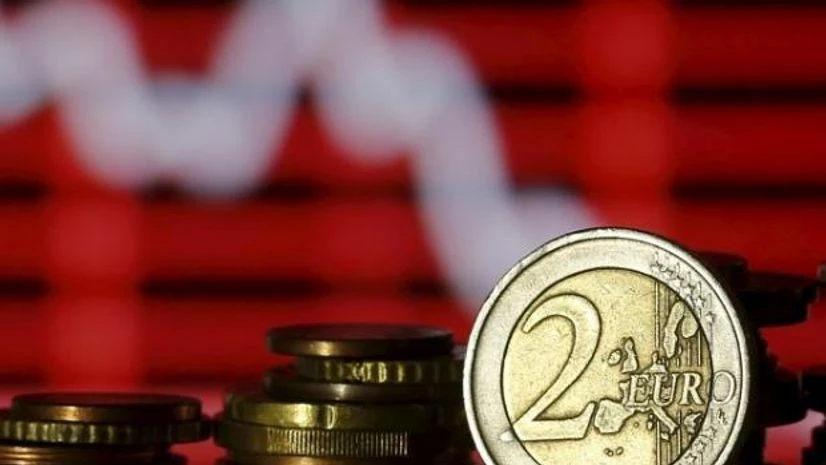The European Central Bank cut interest rates for the fourth time this year on Thursday, by quarter of a percentage point, and kept the door open to more as growth is hit by political instability at home and the threat of a fresh US trade war.
The ECB has been easing policy as inflation worries largely evaporate and the debate shifts to whether it is cutting rates fast enough to support an economy that is lagging global peers.
Predicting that inflation will be back at its 2 per cent target in early 2025, and that growth will remain sluggish, the ECB lowered its deposit rate to 3 per cent from 3.25 per cent as expected.
It also changed its guidance, likely to be taken as a hint of further rate cuts.
"The disinflation process is well on track," ECB President Christine Lagarde told a press conference. "In 2025 we shall be at 2 percent."
The ECB's earlier policy statement had omitted a previous promise to keep policy "sufficiently restrictive", signalling a return to at least a neutral setting that neither stimulates nor slows growth.
More From This Section
But this signal was less forceful than many economists had expected, especially as it came with a warning that domestic inflation remains high.
"The ECB must react and speed up the pace of rate cuts," said Sylvain Broyer, chief EMEA Economist at S&P Global Ratings, adding: "A commitment to cut rates further back-to-back until the deposit rate reaches neutrality is required." While the "neutral rate" is hard to define, most policymakers put it between 2 per cent and 2.5 per cent, suggesting that several more rate cuts are coming before the ECB gets there.
Lagarde acknowledged "there were some discussions" about cutting by 50 basis points but said the consensus had been for a 25-basis-point move.
Although economists were almost unanimous in predicting Thursday's move, many had acknowledged that a bigger cut would also be justified given the deteriorating growth outlook and rapidly retreating inflation.
These were precisely the reasons why the Swiss National Bank cut its own key rate by a bigger-than-predicted 50 basis points earlier in the day, taking the benchmark rate to just 0.5 per cent.
The SNB said geopolitical tensions, including US trade policy, could result in weaker growth while Europe was also facing political uncertainty.
While no ECB policymaker explicitly argued for a 50 basis cut in the run up to the meeting, several had pointed out that risks for lower growth and inflation were mounting.
These fears fed into the ECB's economic projections, which predicted that growth will be even lower than already muted expectations and a recovery would be both shallow and delayed.
With Germany facing an early election, France struggling to find a stable government and incoming US President Donald Trump threatening punitive tariffs, downside risks prevail.
Lagarde said trade frictions could weigh on growth, while broad geopolitical developments were among the upside risks to inflation.
(Only the headline and picture of this report may have been reworked by the Business Standard staff; the rest of the content is auto-generated from a syndicated feed.)

)